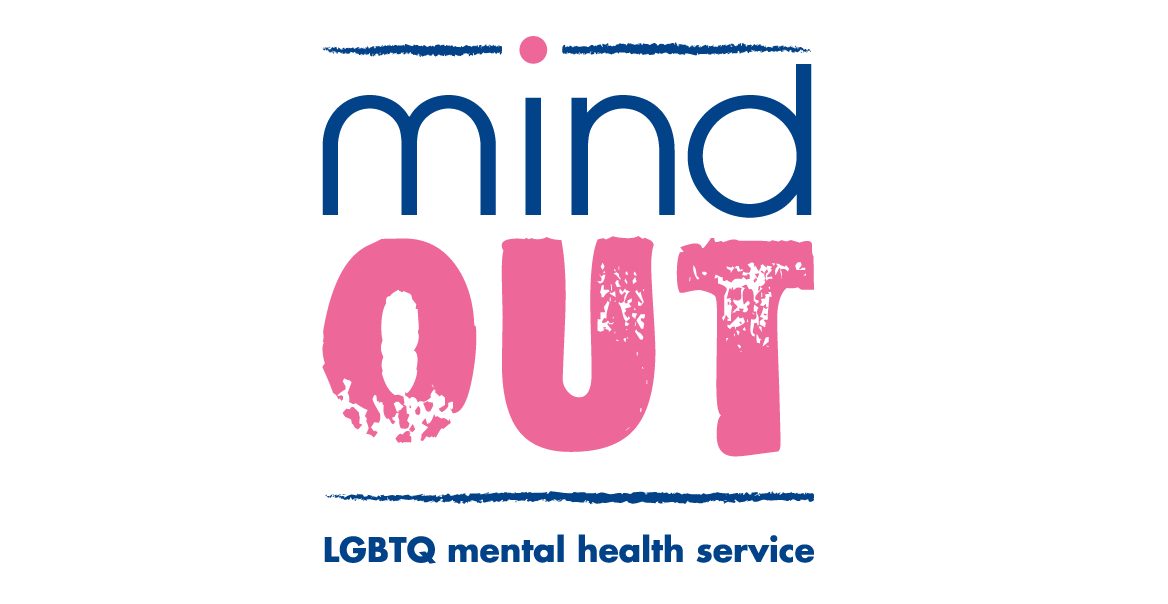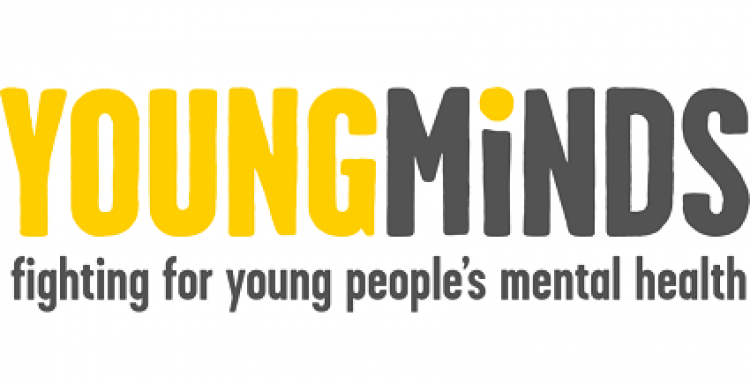Types of bipolar
The type of bipolar someone has affects the severity and type of moods they experience. The most common types of bipolar are:
Type 1: where someone experiences depression, hypomania and mania
Type 2: where someone experiences long periods of depression and hypomania
Cyclothymia: a form of bipolar where someone experiences periods of depression and elevated mood for at least two years
mania
Mania is officially described as an ‘elevated, expansive and irritable mood with changes in energy and activity levels’.
How you may feel:
- Euphoric
- Very excited
- Extremely confident and/or superior to others
- More sexually aroused than usual
- Irritable
- As though your thoughts are speeded up
What you may do:
- Talk a lot, probably very quickly
- Make impulsive decisions
- Spend recklessly or gamble
- Say inappropriate or rude things (you probably won’t have any idea how this affects others)
- Take risks
- Sleep very little
Someone experiencing a manic episode usually has no insight into their condition. This means they have no idea how difficult their behaviour can be for their family and friends.
hypomania
Described as ‘a distinct period of abnormally and persistently elevated mood’, hypomania is the stage between a balanced, happy mood and mania.
How you may feel:
- Energetic, as though you have an ongoing adrenaline rush
- Happy, with a strong sense of wellbeing
- Confident
- Creative
- Irritable and distracted
What you may do:
- Talk a lot
- Be very friendly
- Not sleep much
- Become very creative and productive (the reason bipolar is sometimes linked with genius and talent)
Hypomania can sometimes feel very pleasurable but, if it’s left untreated, it can tip into mania — which people tell us feels scary. Spotting and managing a hypomanic state before it becomes mania is one of the main challenges for people living with bipolar.
depression
Depression affects everybody with bipolar differently but typical symptoms include feeling sad, hopeless or tearful most of the time. Symptoms can range from mild to severe, and these periods may be very debilitating.
How you may feel:
- Hopeless, sad and tearful
- Tired
- Worthless and lacking confidence
- Uninterested in everything
- Agitated
- Experiencing aches and pains
What you may do:
- Avoid things you usually enjoy
- Sleep a lot, or having trouble sleeping
- Eat too little or too much
- Misuse alcohol or other substances
- Avoid social situations and sex
- Focus on difficult or upsetting things
You may struggle with basic self-care and doing your usual activities, such as working and socialising, for a long time. Severe depression can lead to suicidal thinking and, very sadly, if your depression is left untreated, it can sometimes lead to suicide.
psychosis
At either ends of the Mood Scale, both extreme mania or deep depression can develop into psychosis, where you lose touch with reality and may experience hallucinations, extreme paranoia and delusions. If this happens, it’s very likely you will be sectioned to keep you safe.
Information taken from bipolar.uk
I am in Crisis
If you feel you need immediate help, contact one of the below charities.
Recommended Apps
Below are a selection of the apps we recommend





